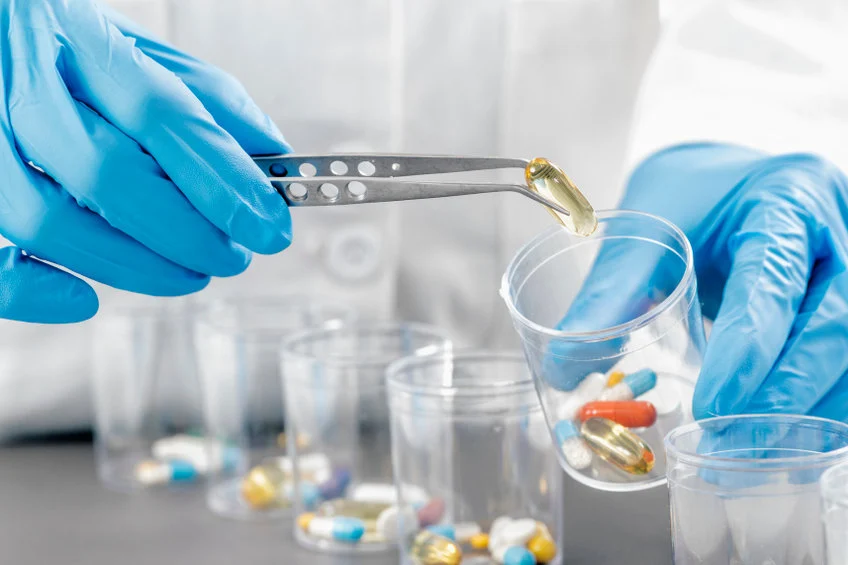Every person at some point in life needs medication. From simple colds and flu to serious chronic illnesses, medications are needed to treat various health conditions. The specific medication prescribed by the doctor can be easily purchased at a local retail pharmacy. However, sometimes typical medications aren’t the best fit for our individual needs. You may need a different dosage or alternate form of the medication. This is where compounded medication comes in, offering tailored solutions for conditions like pain management and skin care. Compounding pharmacies create personalized drugs to meet the needs of individual patients. Compounding pharmacies make specialized pharmaceuticals by mixing or otherwise altering materials for a totally personalized result, rather than delivering pills, liquids, creams, and other prescriptions as is.
Licensed pharmacists are engaged in creating specialized blends of pharmaceuticals to get the best possible outcome for each patient. The process involves taking into account the person’s medical history, allergies, past treatments, and other factors. Compounding is a specialized service that needs advanced knowledge of drugs, the human body, and medical conditions. The Food and Drug Administration (FDA) requires certified pharmacists or physicians to oversee or supervise compounding operations. It means that compounding is a specialized service, performed by specialists. To ensure the quality, safety, and effectiveness of the compound medication, selecting the right compounding pharmacy is crucial. Below are some factors that should be considered when choosing a compounding pharmacy.
Accreditation
Look for accredited pharmacies only. When selecting a pharmacy, it’s important to get details of accreditation which verifies the knowledge of the pharmaceutical personnel. To manufacture safe and effective pharmaceuticals, the best compounding pharmacies use extensive research, data, and technology. They also gain accreditation from recognized organizations like PCAB (Pharmacy Compounding Accreditation Board) or PCCA (Professional Compounding Centers of America). This type of accreditation is given to those pharmacies that obtain their substances from a reliable source and follow approved practices for preparing prescriptions. They follow industry-approved standards to ensure the best clinical outcomes possible. Accreditation ensures quality standards, compliance with regulatory requirements, quality control, staff competency, testing programs, etc.
Trained Staff
The efficacy of medication largely depends on the competency of the professionals preparing it. So, make sure to find out how qualified and trained the staff is. Pharmacists should be licensed, trained, and have proper compounding certificates. The pharmacist’s knowledge, research abilities, and experience in formulating the proper compounding formula should be evaluated properly. They should have knowledge of both non-sterile and sterile compounding.
Quality Ingredients
Inquire about the source and quality of ingredients used for creating medication. Each ingredient used in the formulation should have an analysis certificate. This is due to the fact that the chemical composition of one element differs from that of another. It can be disastrous if the drug does not contain the approved chemical formulation. For compounded drugs, a respectable compounding pharmacy must use the highest quality components, chemicals, and bases. You may ask the pharmacist to show you the supplier’s certificate of analysis.
Manufacturing Process & Batch Testing
Other important factors to consider when selecting a pharmacy are the manufacturing process, equipment used, and batch testing. The compounding pharmacy should adhere to the strictest sterile compound preparation standards. This implies they must provide a controlled atmosphere (temperature, humidity, and pressure) with as few pollutants as possible, such as dust, airborne germs, vapors, or particles. This is referred to as a cleanroom, and the environment is rigorously managed to guarantee that no contamination occurs during the preparation of your compounding drug. They should also conduct batch testing on a regular basis. Random testing assures drug uniformity and quality.
